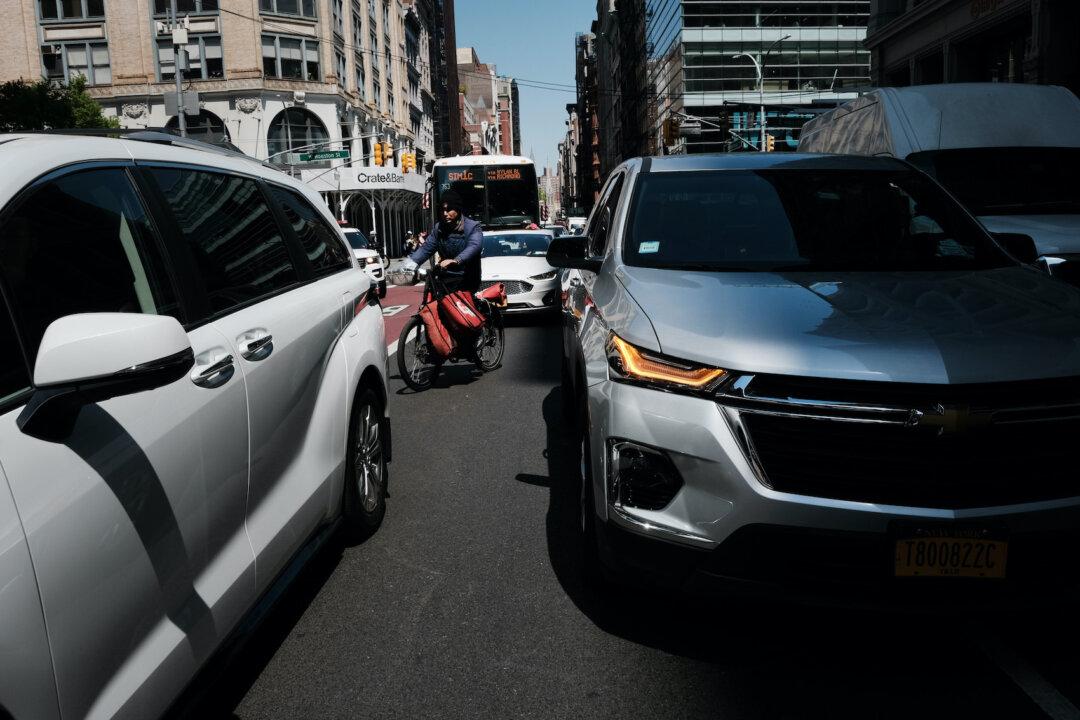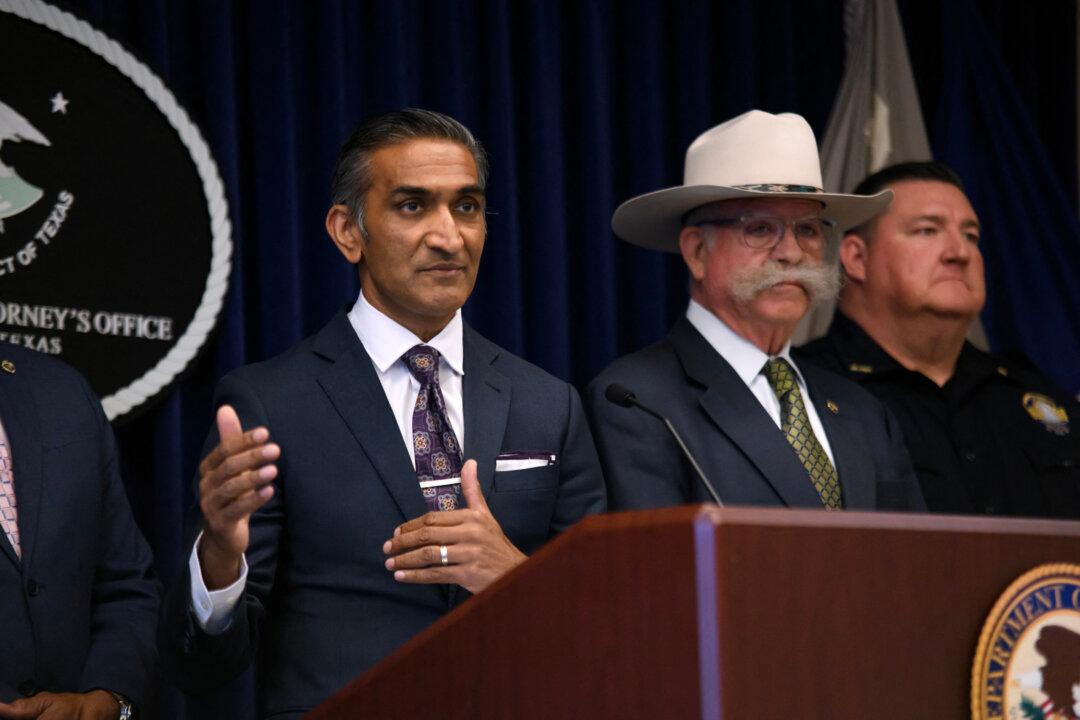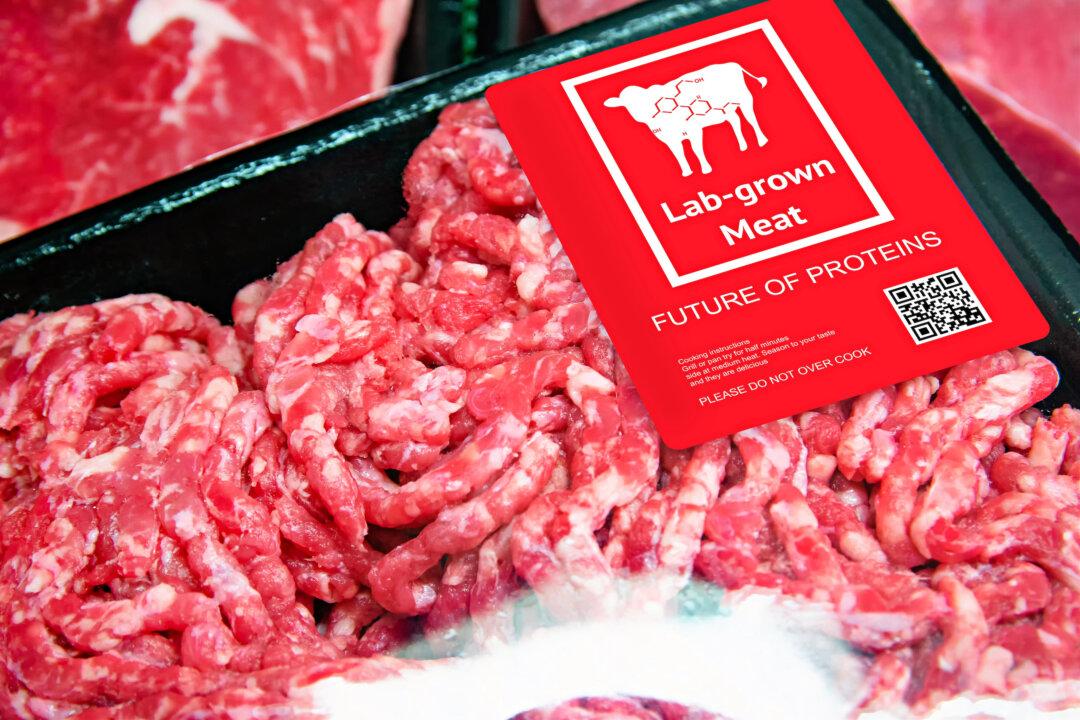The controversial $15 congestion pricing toll set to go into effect this summer for nearly everyone entering Midtown Manhattan is facing a potential roadblock after the head of the Metropolitan Transportation Authority’s (MTA) largest union came out in opposition.
The head of the Transport Workers Union (TWU), John Samuelsen, told The Epoch Times that the proposed $15 daily toll to enter Midtown or Lower Manhattan would do nothing to improve transportation in the city while hurting the lower and middle-class workers who depend on it the most.





